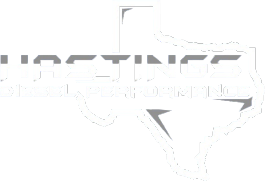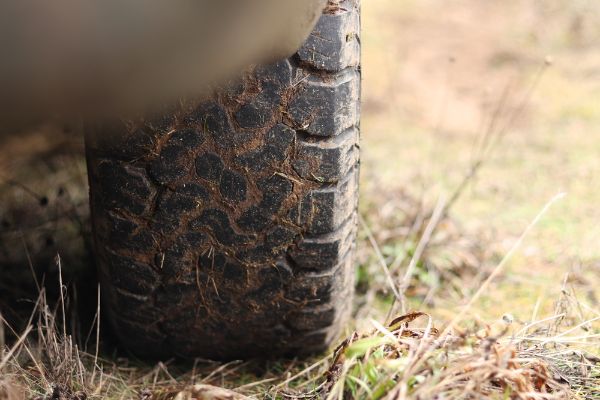Diesel pickup trucks work hard. They tow heavy loads, cover long distances, and face tough road conditions. That kind of stress wears down parts. If fluids go unchecked or filters clog up, the engine pays the price. Regular diesel maintenance keeps these workhorses running the way they should. Small repairs and checks now stop big problems later. A missed belt replacement can snap during a haul. Old oil causes engine wear. Preventative diesel maintenance protects everything under the hood and helps the whole vehicle last longer.
Warning Signs Your Truck Needs Attention
Diesel trucks give signs when something’s wrong. Some drivers miss them until it’s too late. Watch for:
- Trouble starting on cold mornings
- Poor fuel economy
- Dark smoke from the exhaust
- Hard shifting
- Unusual engine noise
- Dashboard warning lights staying on
- Overheating under load
These signs mean something needs checking. A diesel repair shop can catch small issues before they turn into breakdowns. Diesel pickup truck maintenance includes listening to what the truck is telling you.
We Make Maintenance Simple at Hastings Diesel Performance
At Hastings Diesel Performance, we keep diesel pickup trucks on the road. We track your maintenance schedule. Our diesel repair techs know what each vehicle needs and when. You don’t have to guess if it’s time for a fuel filter or coolant flush. At Hastings Diesel Performance, we look under the hood and check it all, belts, fluids, batteries, and brakes. Preventative service lowers repair costs. We help drivers avoid breakdowns, improve fuel efficiency, and get more miles from every diesel truck.
Real Truck Owners Trust Preventative Service
One local driver runs a diesel truck for work every day. He said regular oil changes and early filter swaps kept his engine strong past 300,000 miles. Another customer brings in their pickup before every hunting season. They want it trail-ready, not stuck in the shop. We’ve seen diesel engines fail from ignored fluid changes. We’ve also seen pickups stay tough thanks to basic checks. Preventative maintenance doesn’t just protect the truck, it protects your schedule, your wallet, and your peace of mind.

 Reviews
Reviews